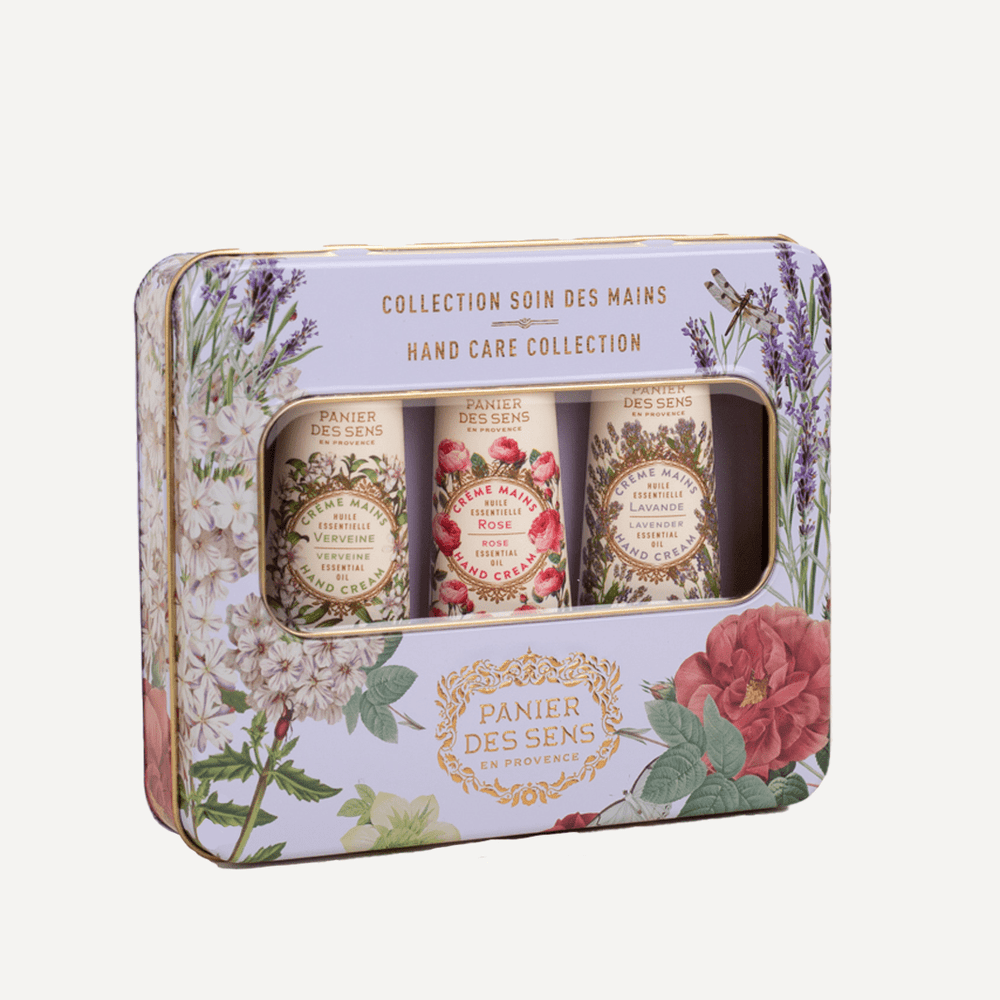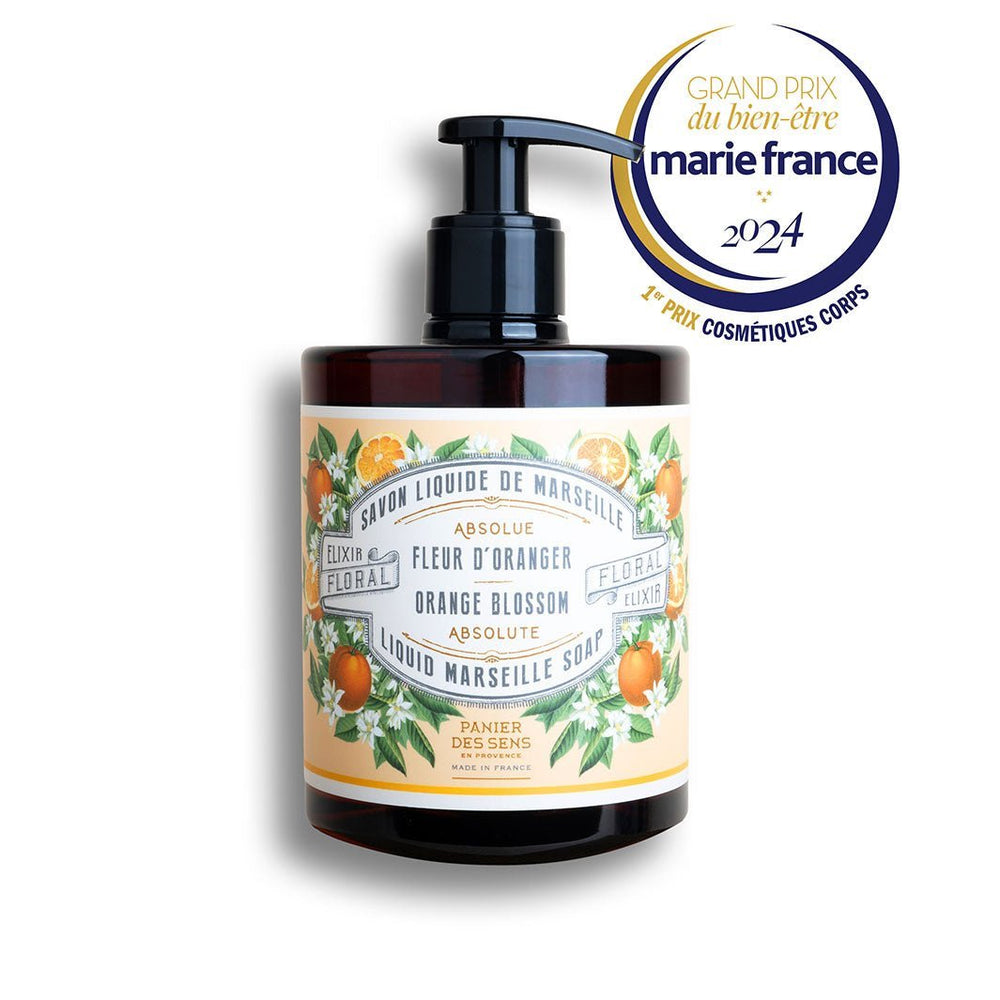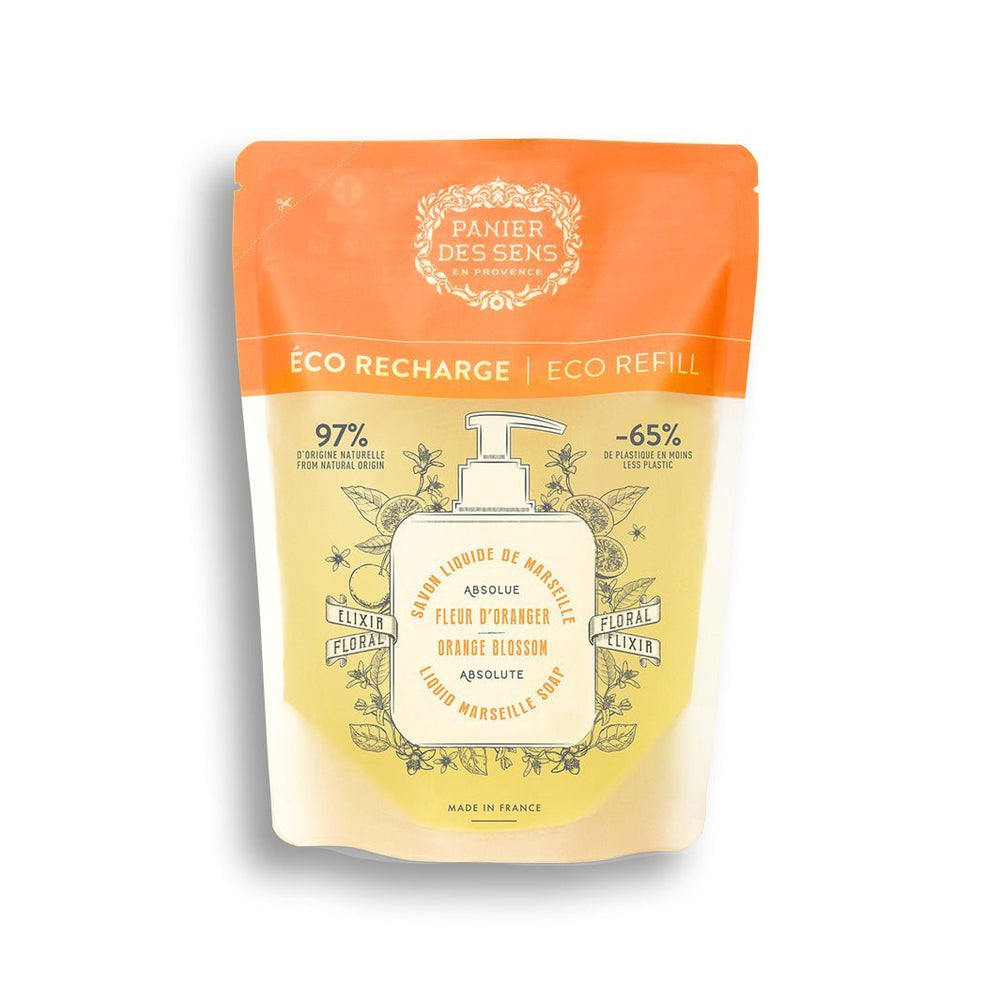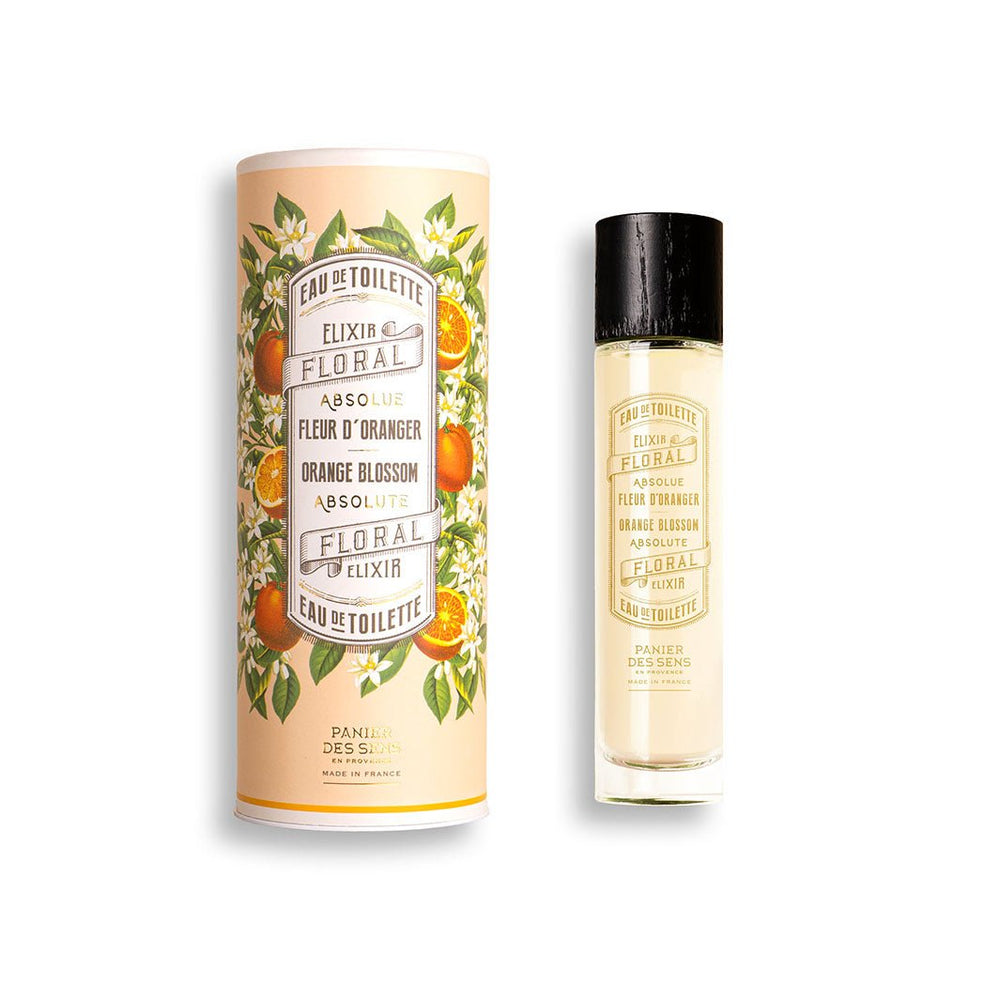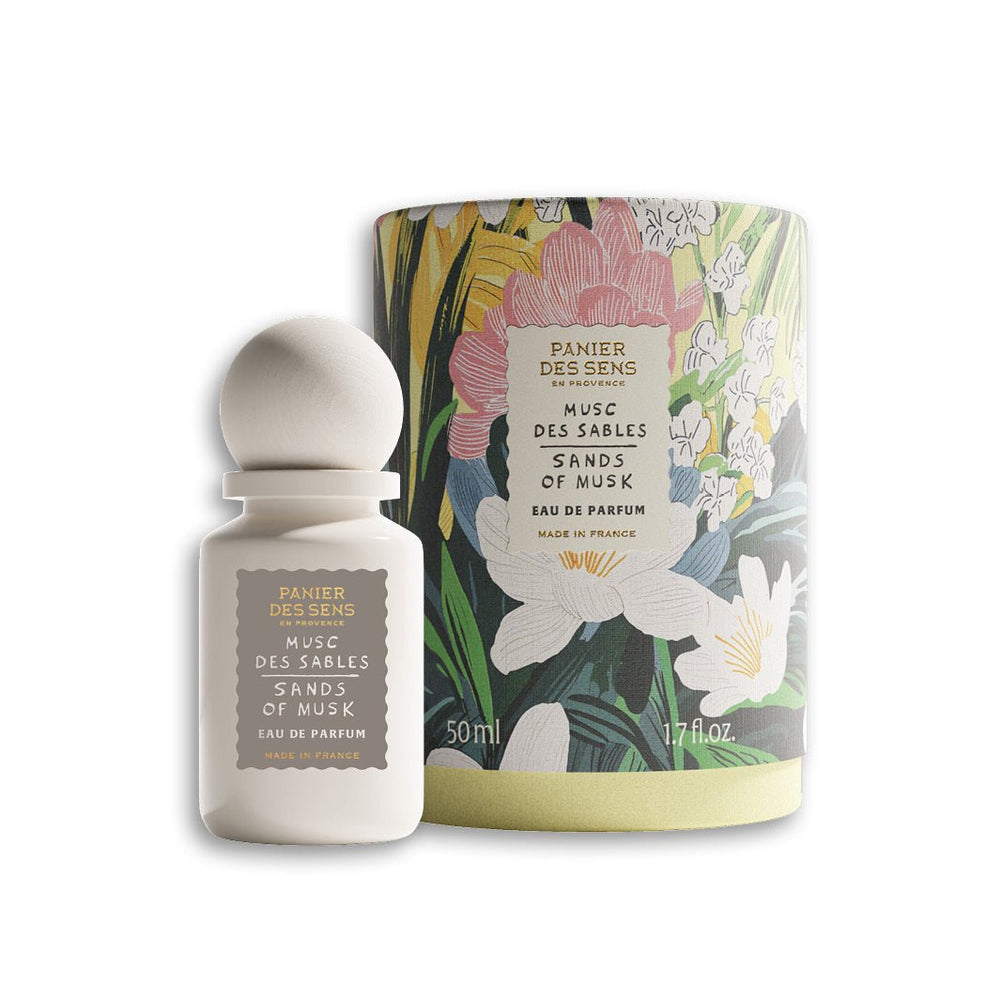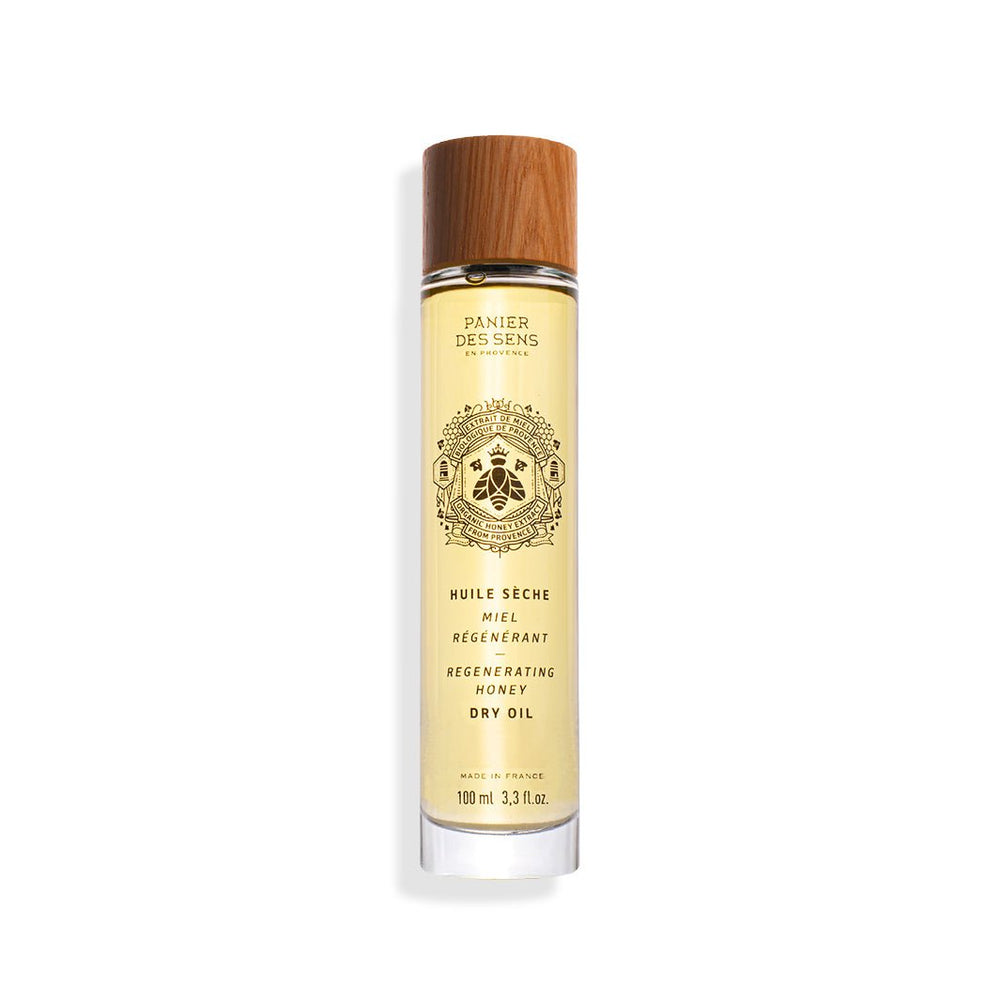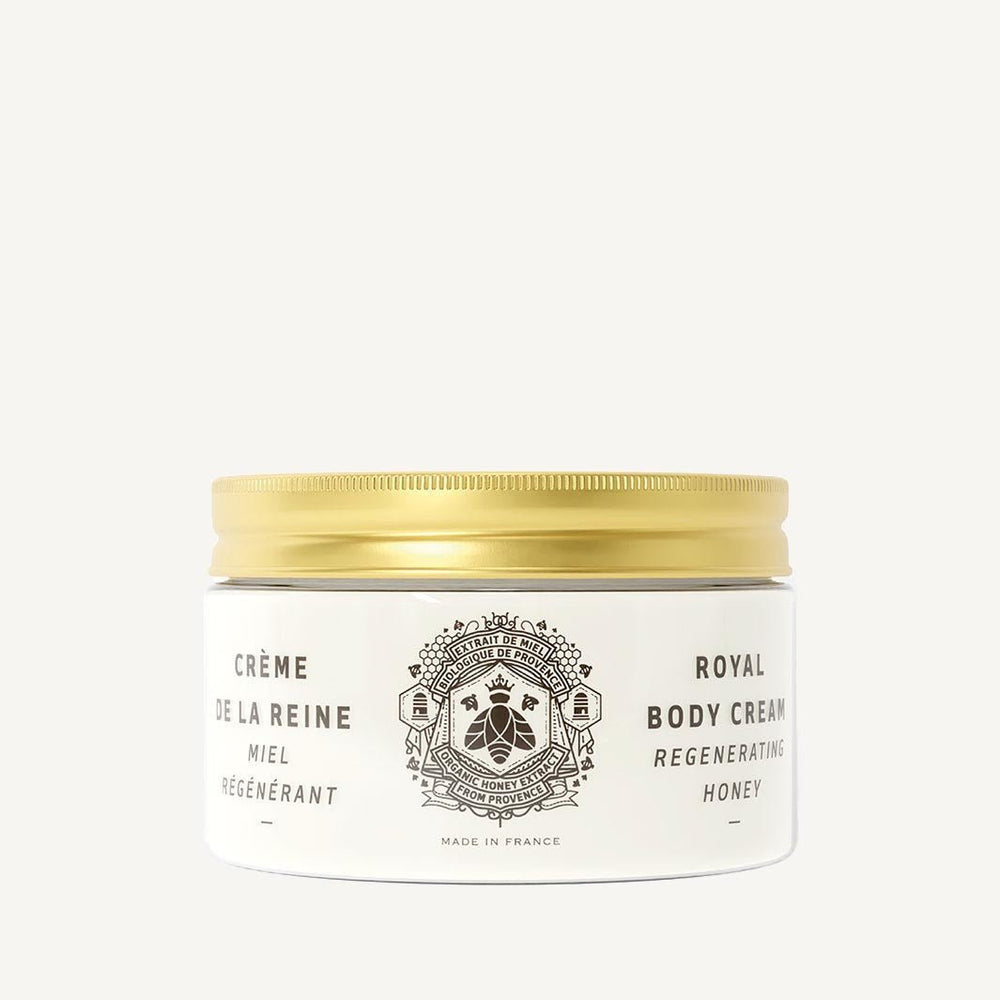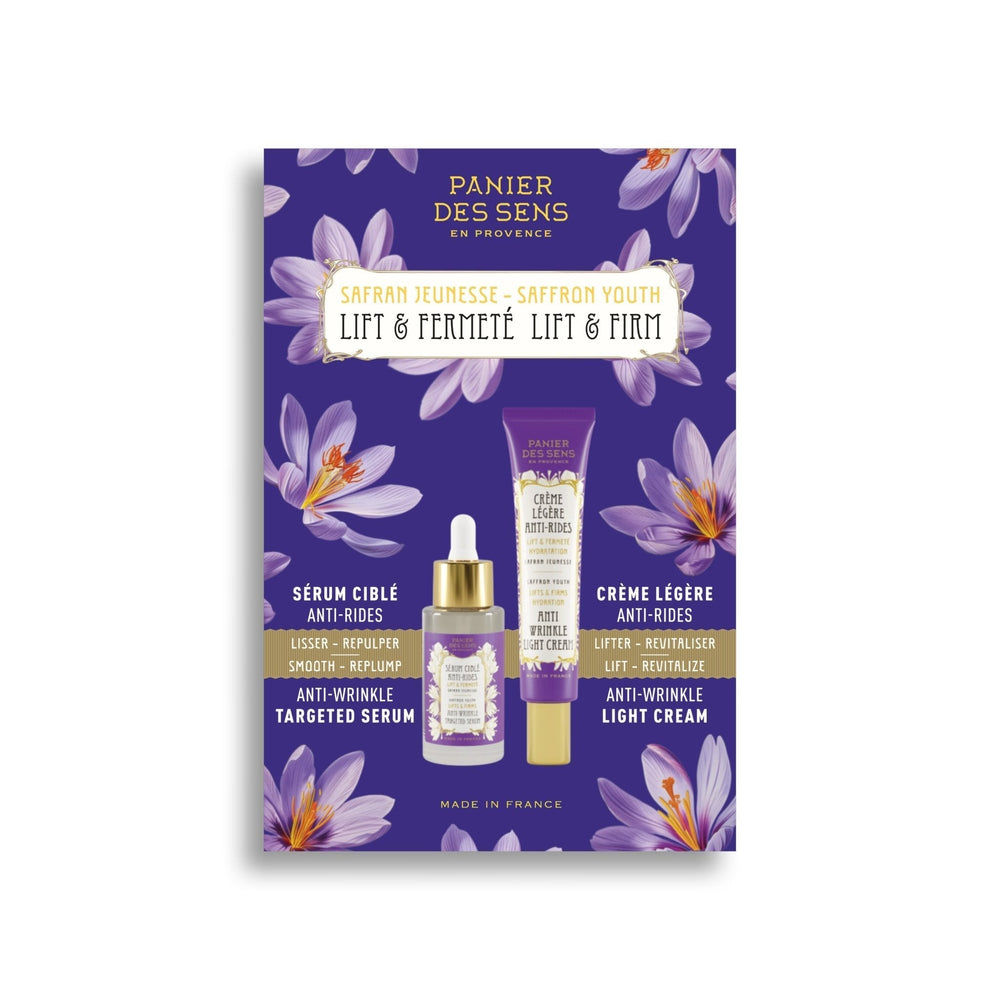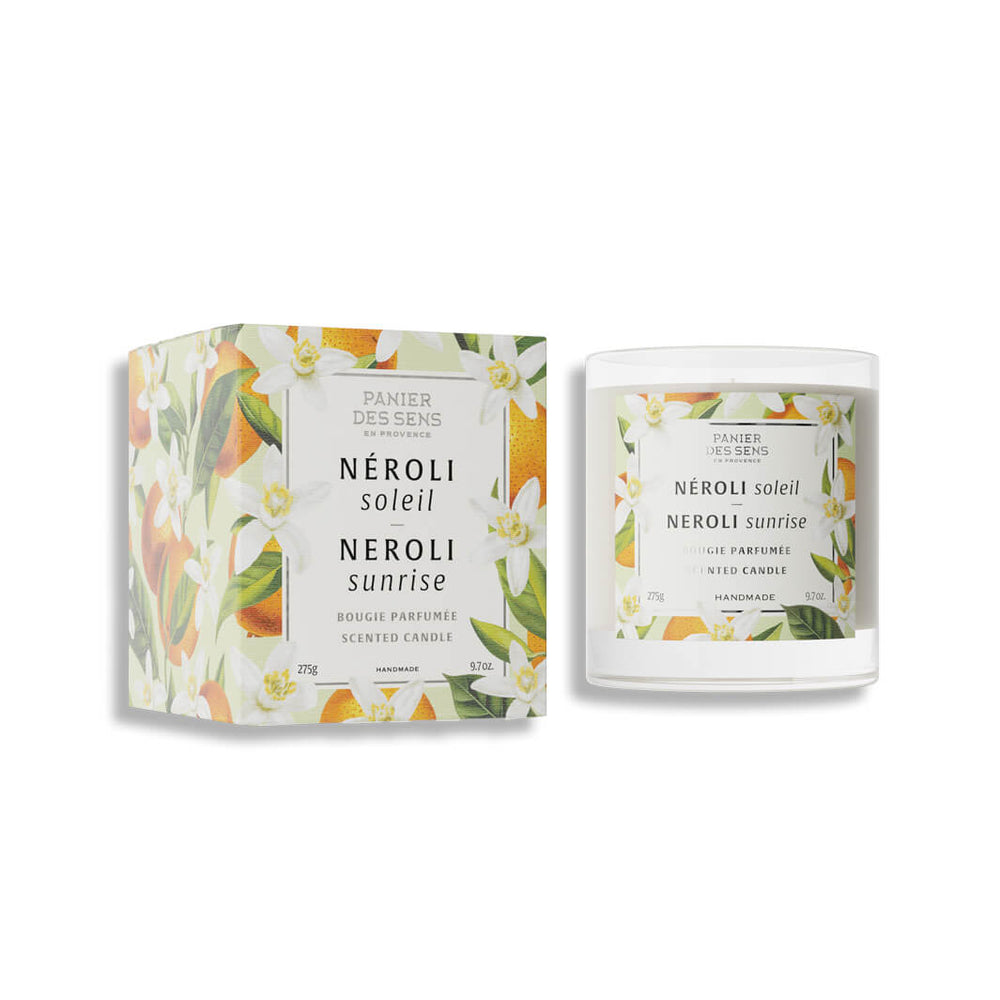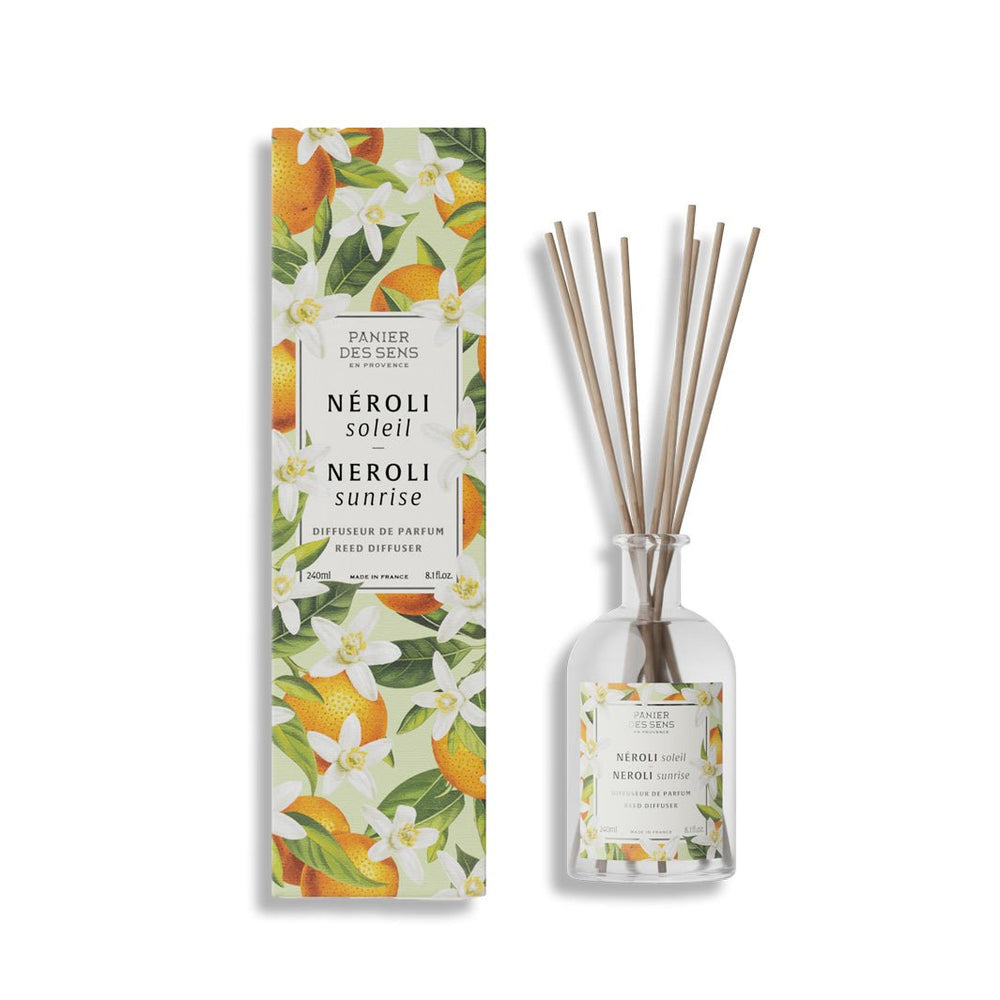Are the varieties of liquid Marseille soap suitable for different uses?
Liquid Marseille soap remains a Provençal treasure, combining tradition and versatility. This plant-based cleanser is prized for its ecological virtues and remarkable effectiveness. Each type has its own characteristics, which often determine its specific uses. At a time when a return to natural essentials is the order of the day, understanding the different varieties of liquid Marseille soap and their specific features is a pertinent step towards grasping the full extent of their capabilities.
Uses range from body care to household cleaning, as well as more industrial applications. How do the various ingredients influence their quality and price? What impact does the saponification process have on their cost? These considerations are all the more important when you're looking for a product suited to a particular use. Clarifying these points is essential for anyone wishing to make an informed choice about buying and using the right liquid Marseille soap for their needs.

The different types of liquid Marseille soap and their specific characteristics
Composition and manufacturing process
With its ancestral heritage, liquid Marseille soap is distinguished by its pure composition and a manufacturing process that respects tradition. Made from vegetable oils, mainly olive oil, it is free from animal fats, making it particularly appreciated for its hypoallergenic and biodegradable qualities. The hot saponification process, followed by a maturing period of up to several days, gives liquid soap a creamy texture and unrivalled softness for the skin. This artisanal method not only preserves the beneficial properties of the oils, but also ensures that the final product is authentic and respectful of the environment.
Scented and unscented varieties
Depending on olfactory preferences, liquid Marseille soap varieties come in scented or unscented versions. Those who prefer a minimalist approach often opt for plain soap with no added essences or fragrances, in search of the product's original purity. Conversely, lovers of delicate fragrances can escape with subtle essences derived from flowers or aromatic plants typical of the Mediterranean basin, such as lavender or rosemary. These olfactory variations do not alter the cleansing properties of the soap, but offer a personalized sensory experience that appeals to a wide audience looking for a Provencal touch in their daily lives. To find out more about the distinction between scented and unscented wonders, discover why some varieties of liquid Marseille soap are more expensive than others?
Why are some varieties of liquid Marseille soap more expensive than others?
Influence of ingredients and their origin
The price of liquid Marseille soap can vary significantly depending on the quality andorigin of the ingredients used. Vegetable oils, such as extra virgin olive oil or coconut oil, are at the very heart of these cleansing elixirs. When they are organically grown or from controlled appellations, their cost is naturally higher. What's more, traceability and respect for sustainable supply chains generate a justified extra cost, which is reflected in the product's final price. The rigorous selection of raw materials is an undeniable guarantee of superior quality, and this is reflected in the amount you pay for these liquid gems.
Impact of the saponification and ripening process
Producing authentic Marseille soap requires patience and ancestral know-how. The traditional process of hot saponification involves a long, controlled cooking process that transforms the vegetable oils into pure, impurity-free soap. This meticulous method, unlike faster industrial processes, requires constant supervision and skilled labor, which influences the final cost of the product. After this precise alchemy comes the crucial maturation phase: a well-deserved rest in which the soap's intrinsic qualities are refined over time. These essential but time-consuming stages give the soap its exceptional virtues, while justifying its sometimes higher price than mass-produced versions.
Adapting liquid Marseille soap varieties to different uses
Domestic use: cleaning and body care
Liquid Marseille soap is an essential companion in the home. Its gentle formula, enriched with a tiny amount of natural glycerine, preserves the skin'smoisture and suppleness. This makes it ideal for daily body care, whether for delicate cleansing or as a natural shampoo. What's more, its ability to dissolve without leaving a residue makes it an invaluable ally for cleaning a wide range of surfaces, from worktops to floors and dishes. Its versatility even extends to laundry, where it works effectively while respecting textile fibers.
Professional use: industries and workshops
In more technical spheres such as industry and workshops, liquid Marseille soap deploys its virtues in a different form. The rigor of the traditional process guarantees a final product of exemplary purity, capable of removing grease and stubborn dirt without compromising the safety of users or the environment. Craftsmen particularly appreciate its ability to clean without damaging hands, despite repeated use. What's more, its meticulous release ensures that only a minimal amount of soda remains in the finished product, avoiding skin irritation during frequent use.
We recommend these other pages:
- Comparison of the different liquid Marseille soaps on the market
- How do you choose the right variety of liquid Marseille soap for your skin type?
- What are the specific properties of each variety of liquid Marseille soap?
- What ingredients differentiate the different varieties of liquid Marseille soap?
- Tips for using liquid Marseille soap as a household product
- How to use liquid Marseille soap for window cleaning
- How do I clean a floor with liquid Marseille soap?
- How can liquid Marseille soap be used in the bathroom?


